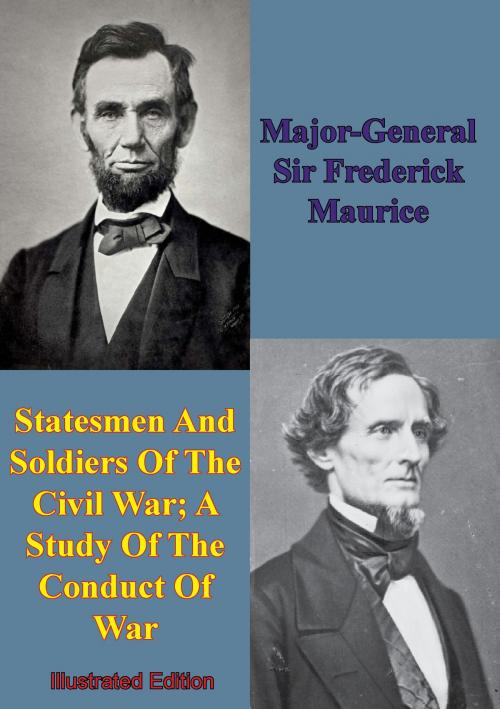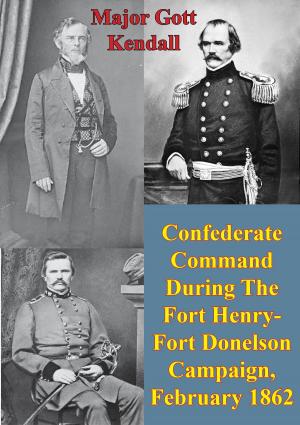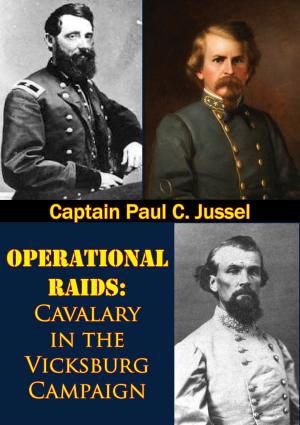Statesmen And Soldiers Of The Civil War; A Study Of The Conduct Of War
Nonfiction, History, Modern, 19th Century, Americas, United States, Civil War Period (1850-1877), Military| Author: | Major-General Sir Frederick Maurice | ISBN: | 9781786251244 |
| Publisher: | Golden Springs Publishing | Publication: | November 6, 2015 |
| Imprint: | Golden Springs Publishing | Language: | English |
| Author: | Major-General Sir Frederick Maurice |
| ISBN: | 9781786251244 |
| Publisher: | Golden Springs Publishing |
| Publication: | November 6, 2015 |
| Imprint: | Golden Springs Publishing |
| Language: | English |
Major-General Maurice, although a British officer, was fascinated by the American Civil War, and wrote a number of important works on the conflict; even editing and publishing for the first time, the famous memoirs of General Robert E. Lee’s aide de camp Colonel Marshall.
In this volume he analyses the relationship between the statesmen and their generals; in both the Confederacy and the Union there was much friction between the generals in the field and their political masters. The author takes two relationships, one successful and the other disastrous, from both sides of the firing line to scrutinize. On the Confederate side the frictions and breaches of Jefferson Davis and General J. E. Johnston are contrasted with the former’s affinity and dependence on General Robert E. Lee. In the Union ranks the frustrations and goading of Lincoln and General McClellan are balanced by the support and trust of the President’s dealings with General U.S. Grant.
In closing his work General Maurice also touches on his opinions for the conduct of successful relations between politicians and the military and illustrates them with examples from the more recent First World War.
Major-General Maurice, although a British officer, was fascinated by the American Civil War, and wrote a number of important works on the conflict; even editing and publishing for the first time, the famous memoirs of General Robert E. Lee’s aide de camp Colonel Marshall.
In this volume he analyses the relationship between the statesmen and their generals; in both the Confederacy and the Union there was much friction between the generals in the field and their political masters. The author takes two relationships, one successful and the other disastrous, from both sides of the firing line to scrutinize. On the Confederate side the frictions and breaches of Jefferson Davis and General J. E. Johnston are contrasted with the former’s affinity and dependence on General Robert E. Lee. In the Union ranks the frustrations and goading of Lincoln and General McClellan are balanced by the support and trust of the President’s dealings with General U.S. Grant.
In closing his work General Maurice also touches on his opinions for the conduct of successful relations between politicians and the military and illustrates them with examples from the more recent First World War.

![Cover of the book William T. Sherman: Evolution Of An Operational Artist [Illustrated Edition] by Major-General Sir Frederick Maurice](https://www.kuoky.com/images/2014/august/300x300/9781782893936-2M2k_300x.jpg)






![Cover of the book The Overland Campaign, 4 May-15 June 1864 [Illustrated Edition] by Major-General Sir Frederick Maurice](https://www.kuoky.com/images/2015/november/300x300/9781786254368-twUA_300x.jpg)






